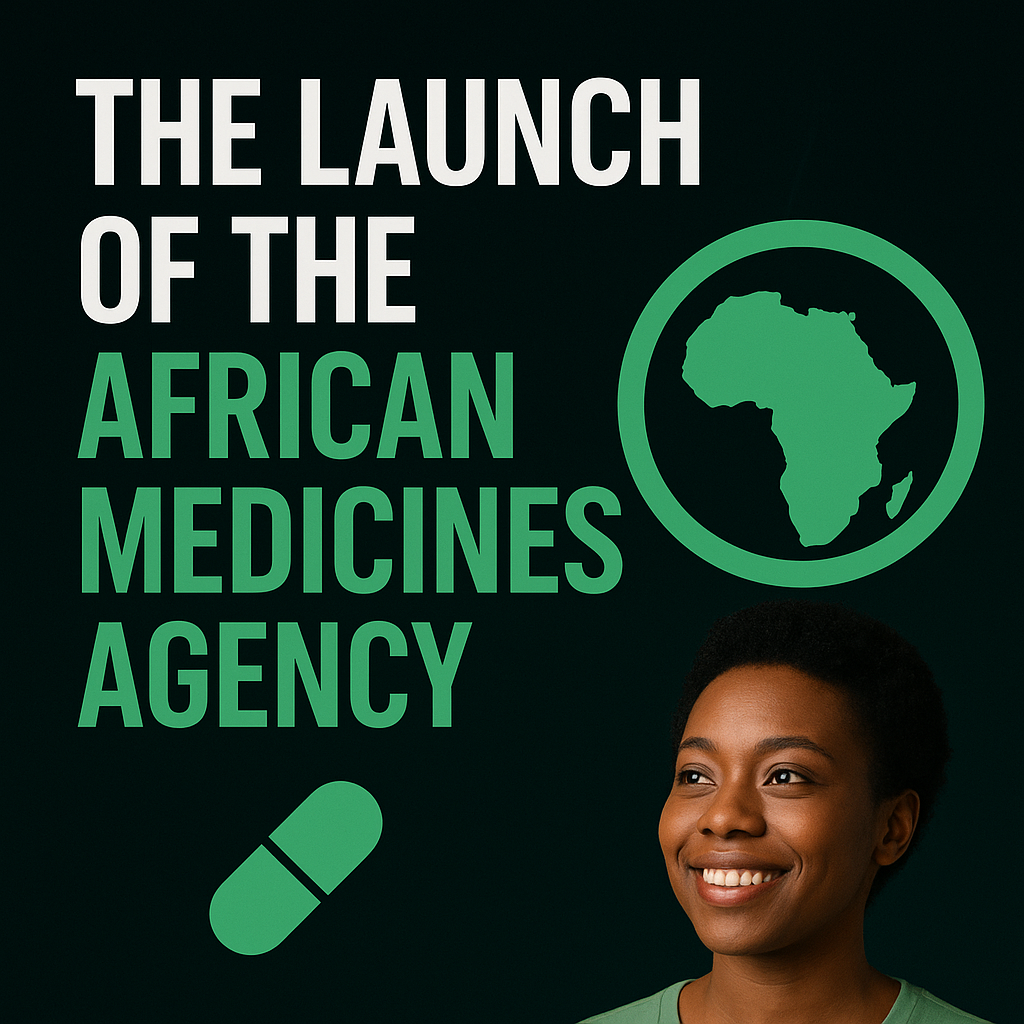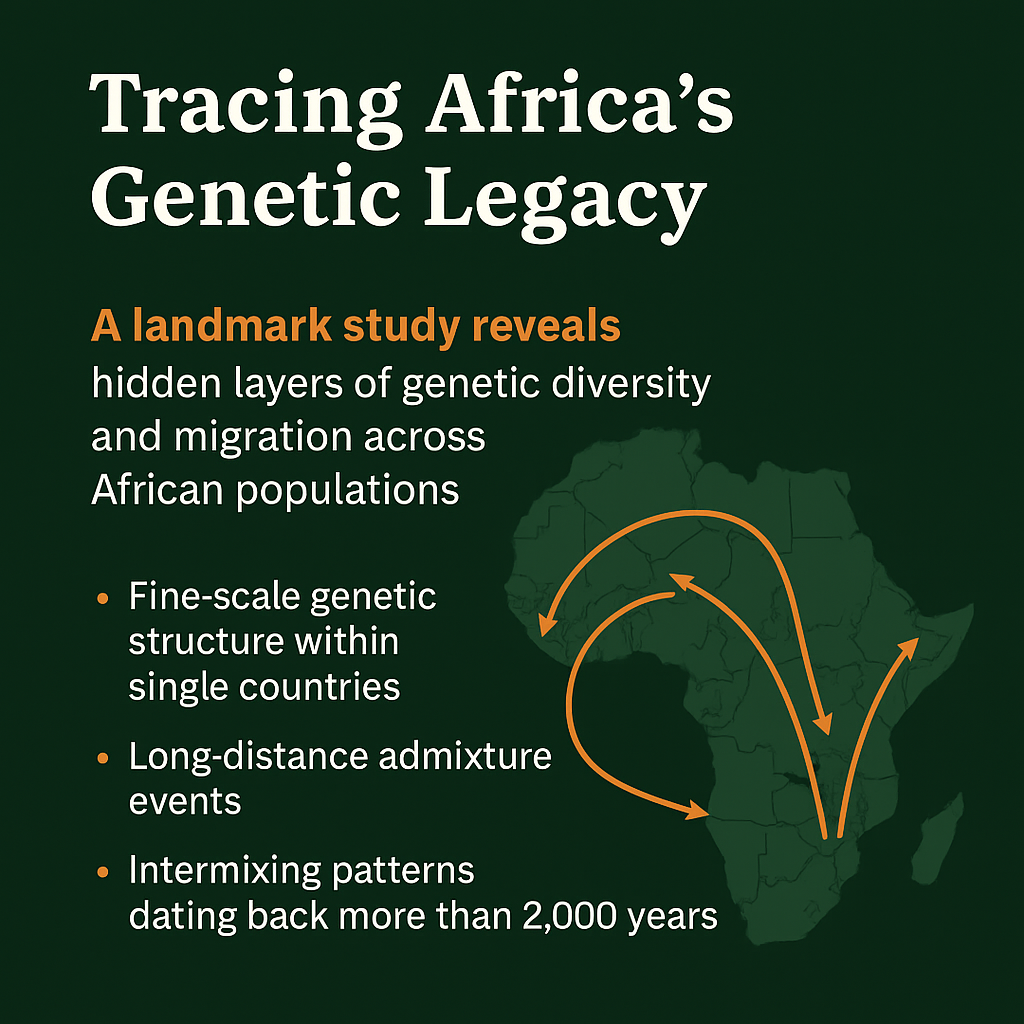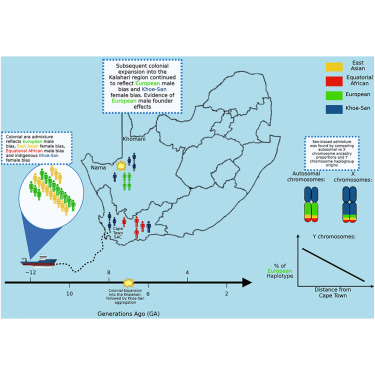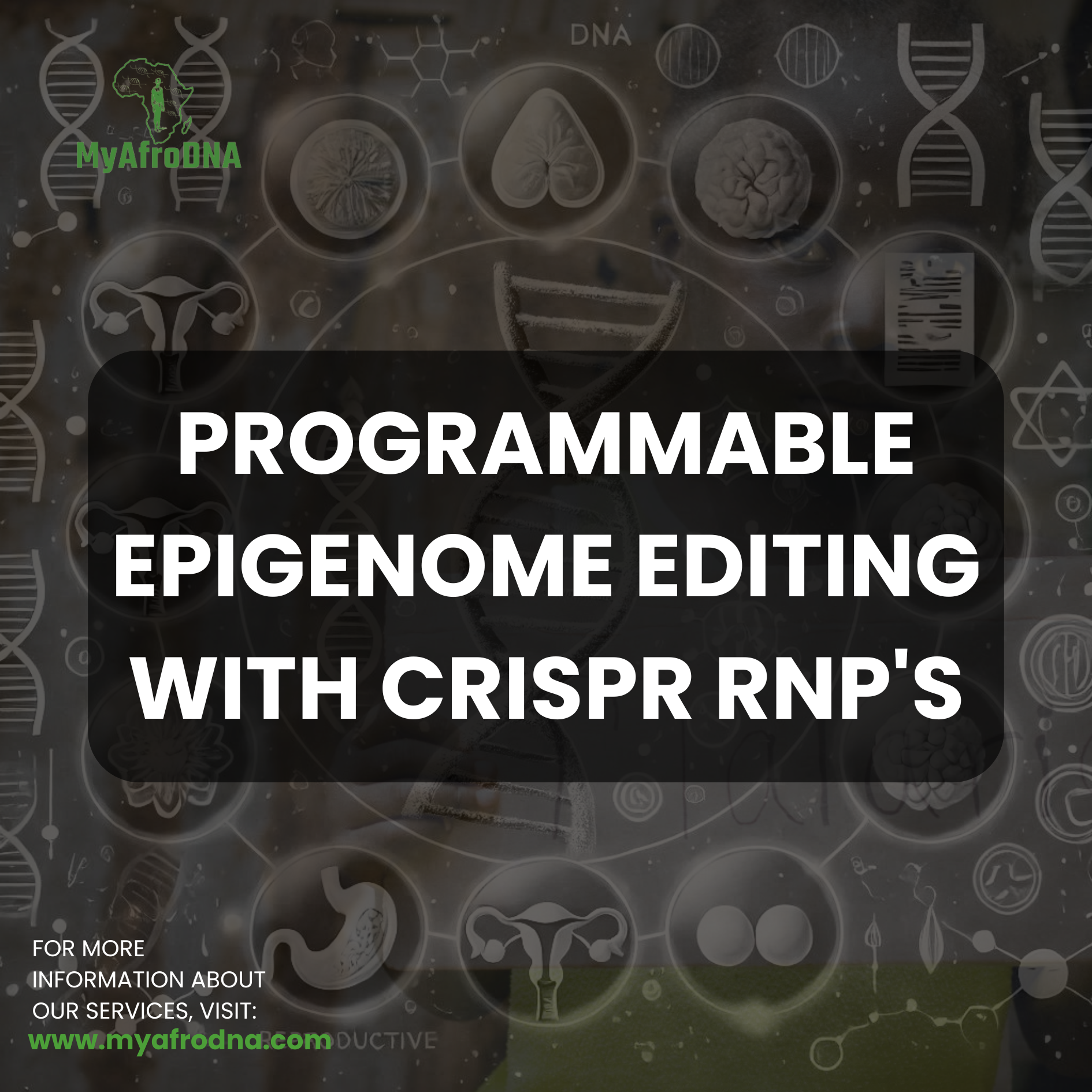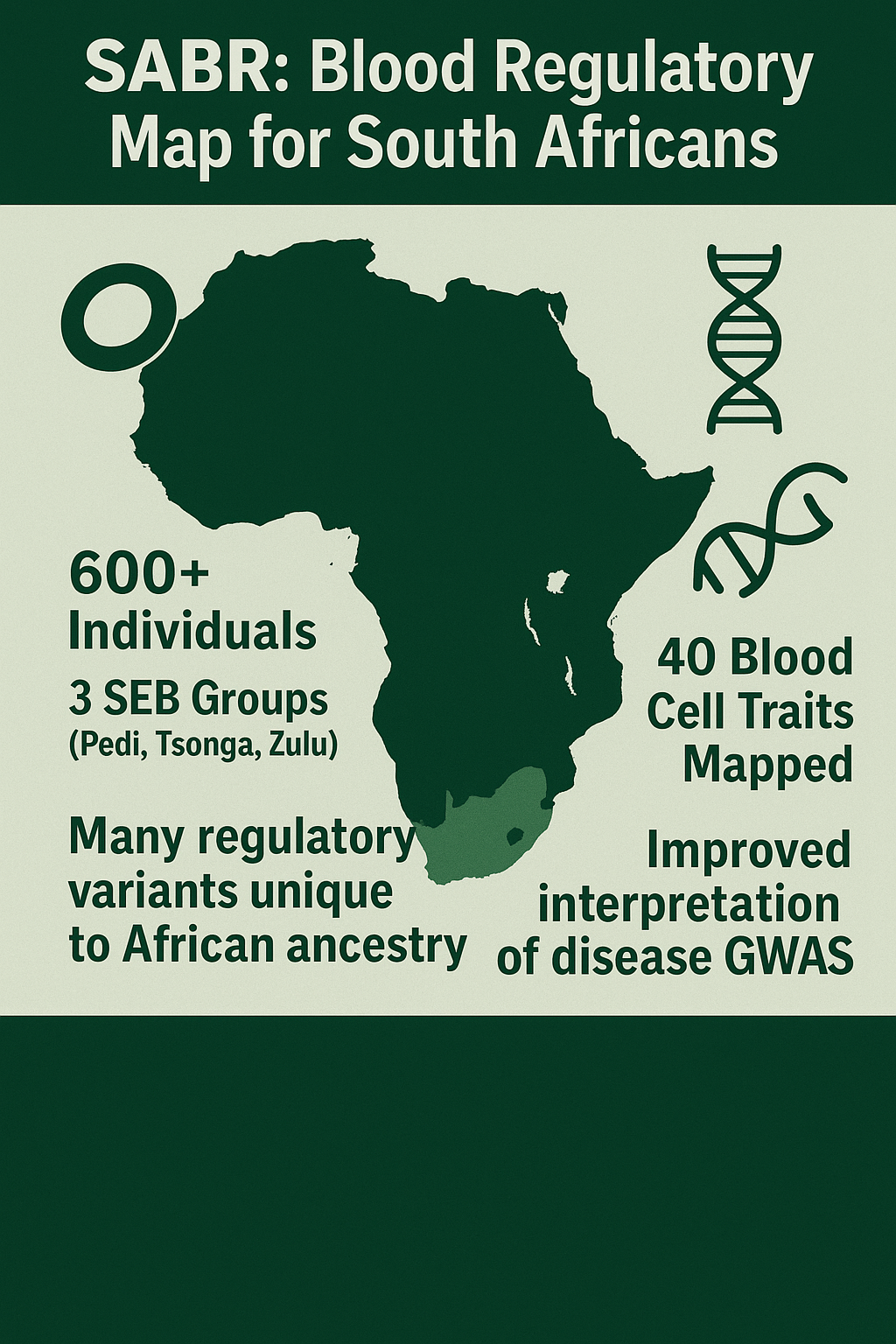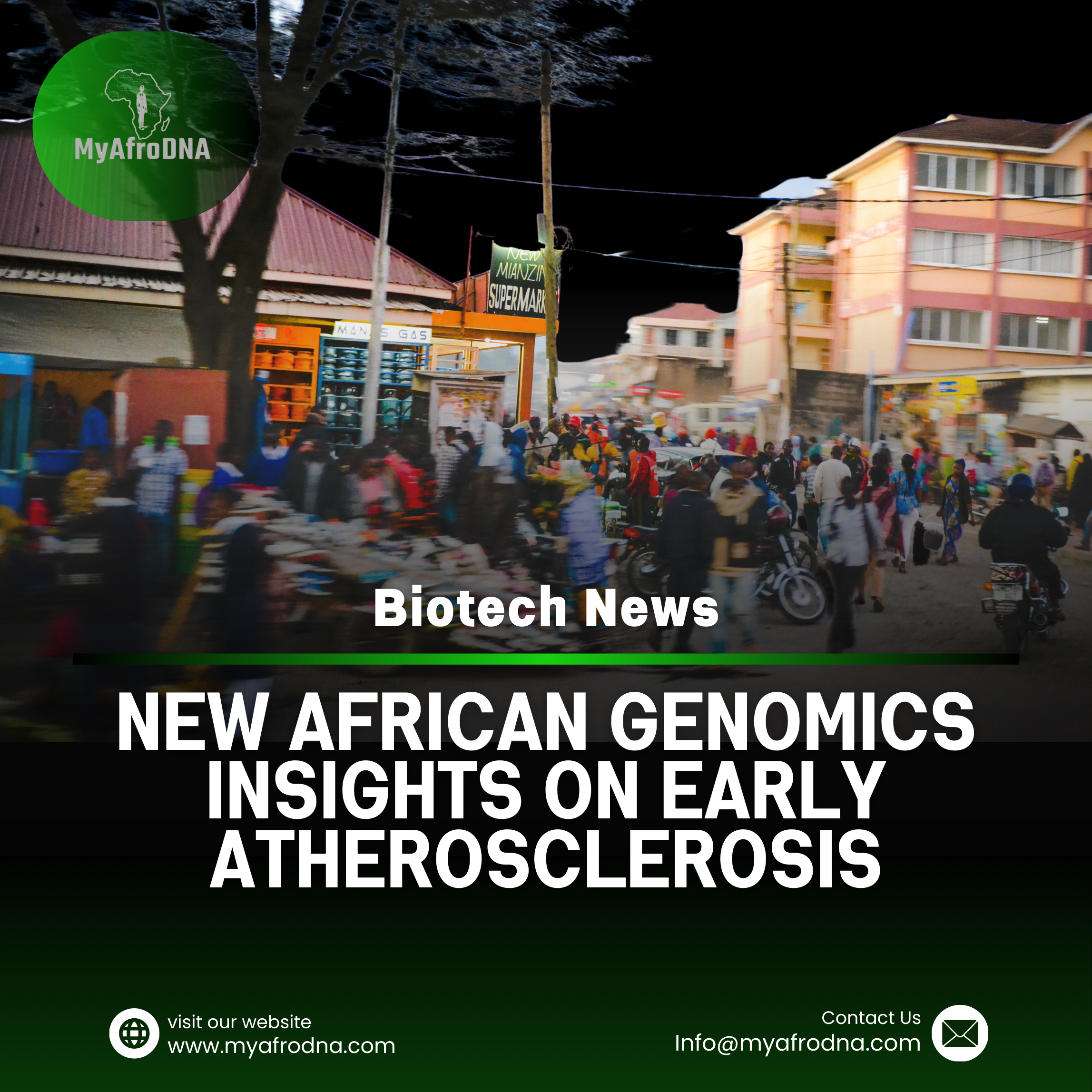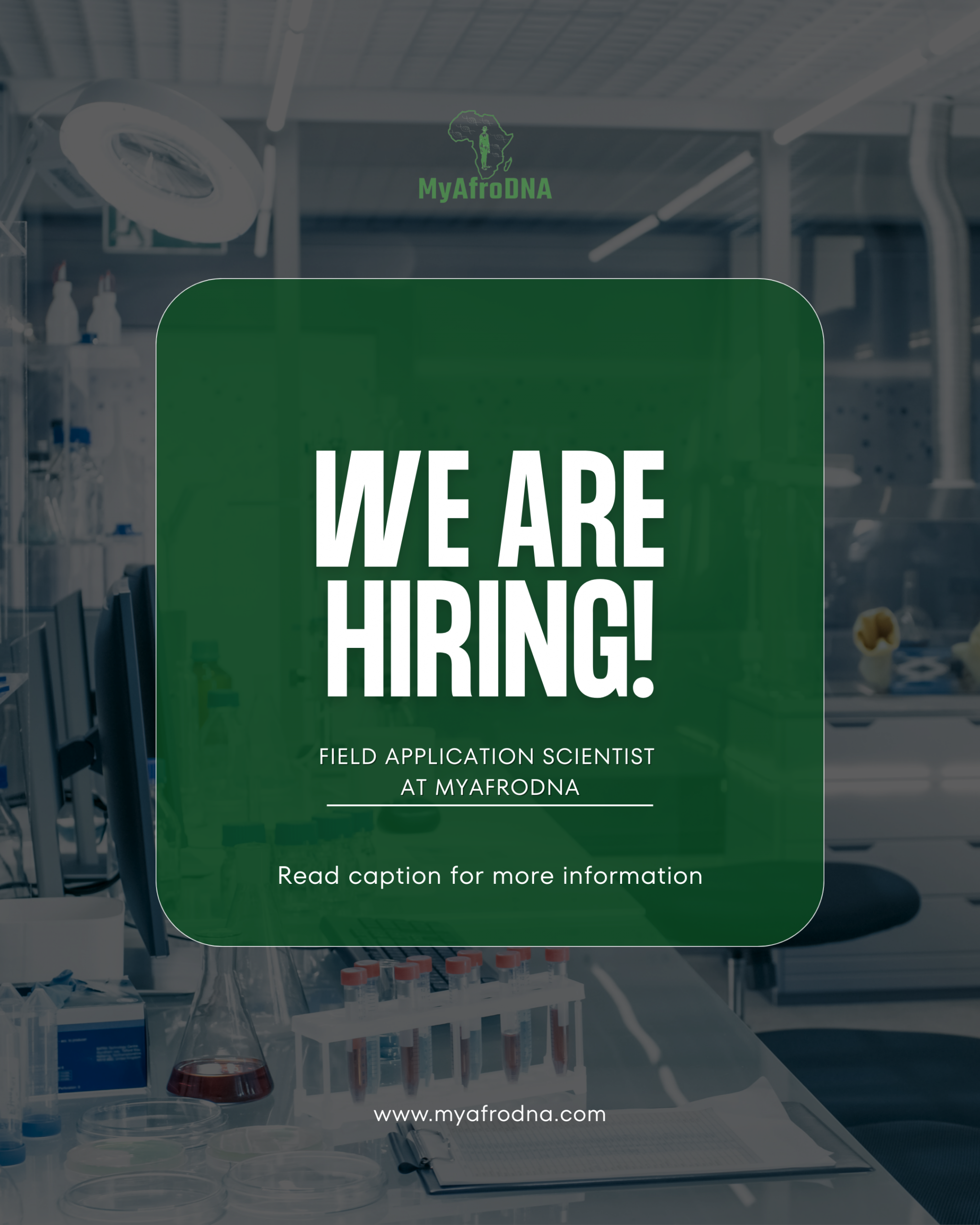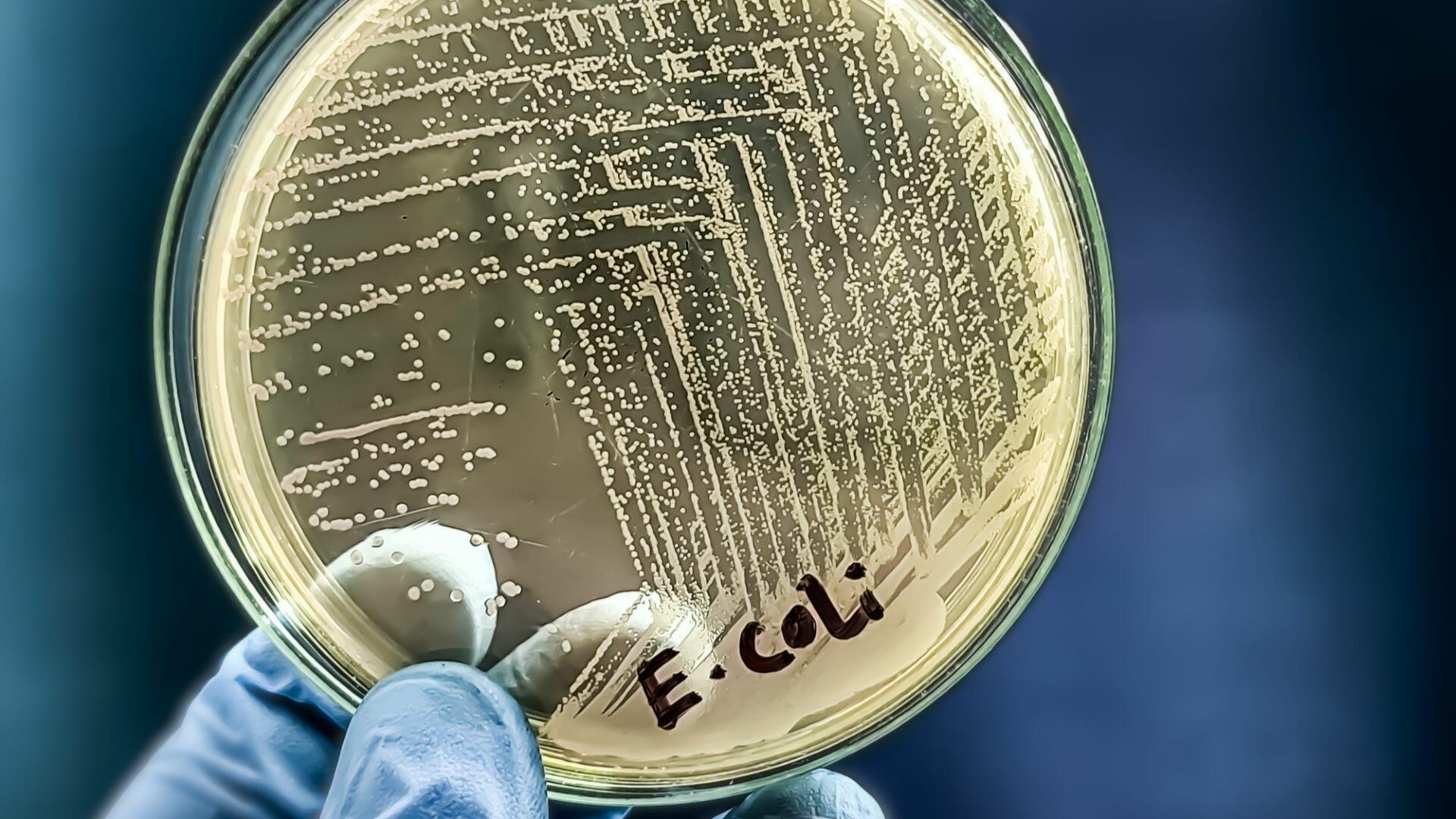The official launch of the African Medicines Agency (AMA) marks a historic turning point for health innovation and pharmaceutical regulation across the continent. Established to streamline the approval and monitoring of medical products, the AMA aims to unify Africa’s fragmented regulatory systems and strengthen the fight against counterfeit or substandard medicines.
According to a recent Nature article, the creation of this central regulatory body promises to improve access to safe, effective, and affordable healthcare solutions. It also paves the way for biotech growth, ensuring that diagnostic tools, vaccines, and molecular testing technologies meet shared standards across African nations. For biotech companies, researchers, and laboratories like MyAfroDNA, this move signals greater collaboration and credibility within global scientific frameworks.
However, the article also points out the challenges ahead. Differences in national policies, limited funding, and uneven political commitment could slow the pace of implementation. To truly succeed, the AMA will require consistent investment in local expertise, capacity building, and transparent governance.
At MyAfroDNA, we see this milestone as an invitation to deepen our role in Africa’s biotechnology ecosystem. As a molecular testing, DNA diagnostics, and biobanking company, our work depends on strong regulatory systems that protect patients and ensure scientific integrity. The AMA’s commitment to standardized, ethical practices aligns perfectly with our mission to make accurate, reliable testing accessible across Africa.
Further reading: What the launch of the African Medicines Agency means for drug and health regulation – Nature (2025)
Explore how MyAfroDNA’s molecular testing and DNA diagnostic services are setting new standards for biospecimen quality and public health in Africa. Visit www.myafrodna.com to learn how we’re advancing Africa’s biotech future, one test at a time.


